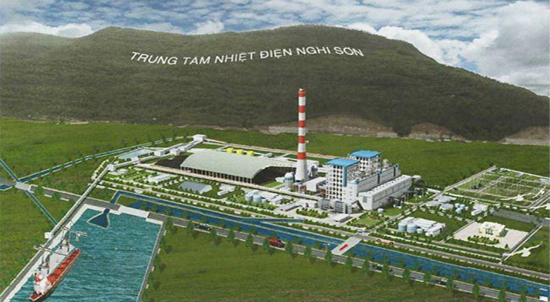Japanese companies explore business opportunities in Vietnam
He also suggested that JETRO should convince Japanese companies to invest in electronics, agricultural machinery, agricultural and aquatic products processing, shipbuilding, environmental protection, energy saving, petroleum, automobile and auto parts in Vietnam.
Dung said that Vietnam is now one of the most attractive destinations for foreign investors thanks to the country’s political stability, high GDP growth, favorable geographic location and abundant human resources that are more competitive than in many other countries.
Dung said Vietnam’s National Assembly recently passed many important laws, including the Law on Supporting Small and Medium-sized Enterprises. The Ministry of Planning and Investment is also preparing to submit to the National Assembly for approval the Law on Special Economic-Administrative Units.
Many large Japanese corporations now operate in Vietnam, with many prestigious products with high competitiveness and high technology content, boosting Vietnam’s exports and growth, Dung said.
The visit implements an agreement signed between the Ministry of Planning and Investment and JETRO on investment promotion between the two countries in July 2015. Under the agreement, the two sides pledged to assist firms of the two countries in implementing programs related to Vietnam’s agriculture and small and medium enterprises.
With added investments, Japan now accounts for the biggest foreign direct investment in Vietnam in 2017, dislodging South Korea from the top position. Data from the Ministry of Planning and Investment showed that among 115 countries and territories investing in Vietnam this year, FDI pledges from Japan topped at US$9.11 billion, accounting for 25.4% of total commitments, while South Korea slipped to second place with $8.49 billion.
Among five billion-USD projects in 2017, three belong to Japanese companies and partners, of which two are coal-fired power plants in Thanh Hoa and Khanh Hoa provinces with respective investments of $2.79 billion and $2.58 billion. The other is a $1.27-billion gas pipeline in the southern province of Kien Giang.
The high level of interest by Japanese investors in Vietnam has made 2017 a very special year in the history of Vietnam–Japan relations.
According to JETRO, Japanese enterprises have pointed out three advantages when investing in Vietnam: socio-political stability, large-scale and promising market, and low-cost labor.
JETRO has organized workshops, released survey results and given advice to Japanese small and medium-sized enterprises (SMEs) interested in directly investing n Vietnam through its offices in Hanoi and Ho Chi Minh City.
According to JETRO, some 399 out of 4,533 Japanese businesses participating in the project said that they want to invest in the Vietnamese market while 985 Japanese firms are interested in operating in the Southeast Asian nation.


 English
English




